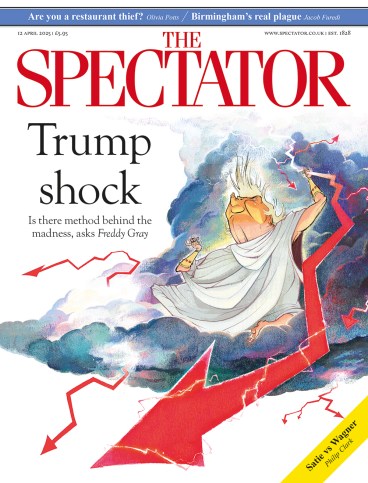
Iram Ramzan has narrated this article for you to listen to.
There’s a joke that does the rounds about a Pakistani couple who get a divorce. After their union is dissolved, one of them says to the other: ‘Well, at least we’re still cousins!’ I feel slightly guilty whenever I laugh, yet there is some truth to it.
I remember at my secondary school how Pakistani girls would, shortly after they’d completed their GCSEs, find themselves married off to a cousin from ‘back home’ just so their husbands could get a British passport and send money back to their families.
I was relieved my family never brought up the subject with me at that age. And then one day, to my horror, they did. I would have been 19 or 20, when my mother told me it was my late grandmother’s wish for me to marry her nephew (my second cousin) in Kashmir. While he seemed decent, there was a big age gap between us, and he didn’t speak English. On top of that, he’d lived his whole life in a rural village while I was born and brought up in the UK. I said no.
Then came the time my maternal aunt wanted me to marry her eldest son, who is five years younger than me. When I told him of this bizarre proposition, he was (understandably) revolted. ‘No offence but euuuurgh! What is wrong with these people?!’ he cried. Part of me was slightly offended (‘I’m a bloody catch,’ I wanted to say) but I couldn’t disagree with the sentiment. I used to babysit him for heaven’s sake.
While cousin marriages are a taboo in the UK, such unions are still the norm in certain parts of the world. In Pakistan, around two-thirds of marriages are consanguineous. In my own family, cousin marriages were the norm for a long time. Most of us wouldn’t exist otherwise. I know an Arab guy who constantly mocked Pakistanis for marrying their cousins. And then, rather ironically, he ended up marrying his first cousin.
Still, times have changed, and we have become more aware of the health risks to babies born in consanguineous marriages. Problems include blindness, deafness, blood disorders, heart or kidney failure and complex neurological disorders, all of which cost the NHS millions.
The bigger problem arises when generation after generation continues marrying cousins. It’s why the Tory MP Richard Holden has been calling for a ban on marriages between first cousins, which was a shock to most people who thought it was already illegal.
We can blame Henry VIII for the fact it is not. The Catholic Church had prohibited cousin marriage in the early Middle Ages, which forced people to marry across tribal lines. But in 1540 the Tudor king broke away from Rome and changed the law so he could marry Catherine Howard, a cousin of his second wife Anne Boleyn. This was considered incestuous under canon law at the time.
So cousin marriage has never been official outlawed in the UK, and as such it has always been an option among aristocratic and royal families in order to keep the wealth and lineage preserved within the family. Queen Victoria and Prince Albert were cousins. And Charles Darwin, Mr Natural Selection himself, was married to his first cousin Emma Wedgwood. Last month, Keir Starmer signalled the government would not be throwing its support behind Mr Holden’s bill.
Perhaps the practice will naturally die down. The number of people in Bradford’s Pakistani community who have married a cousin has fallen to 46 per cent, down from 62 per cent more than a decade ago. So, while still high, it’s a promising sign.
My cousin, who refused my hand in marriage, is now going through a divorce. He jokes that maybe it is time for him to consider a family member.
Iram Ramzan discusses the ethical, genetic and cultural considerations of banning cousin marriage on the latest Edition podcast from The Spectator, alongside Dominic Wilkinson, professor of medical ethics at the University of Oxford:








Comments